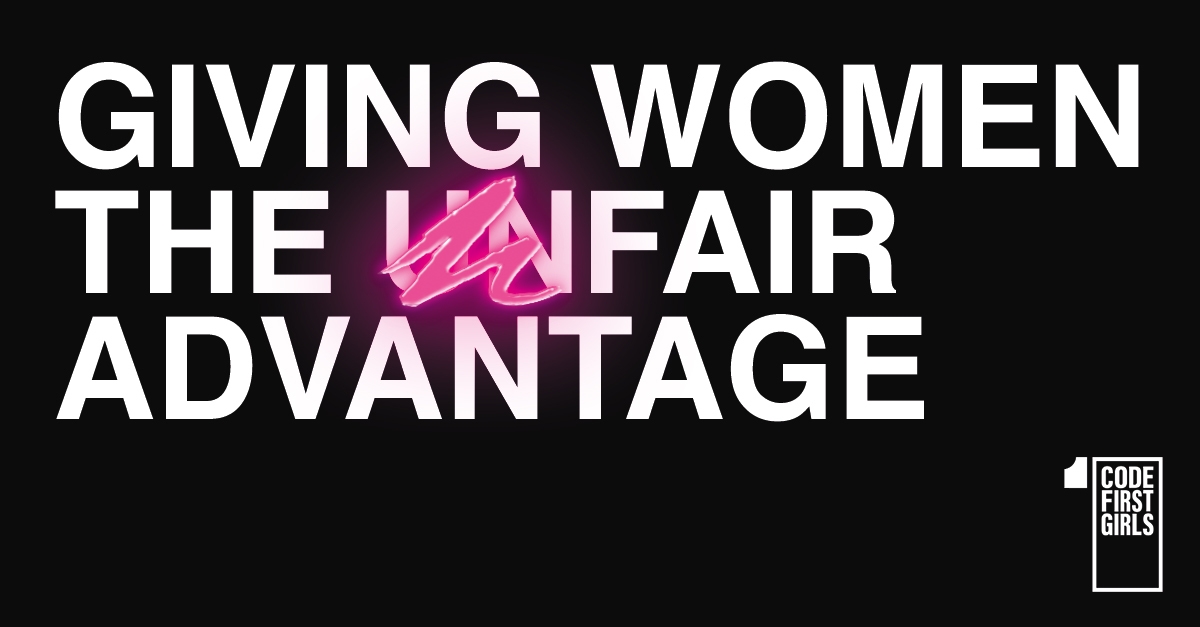
Code First Girls: helping women break into tech
At the start of 2020 the tech industry in the UK was thriving. According to the Tech Nation Report 2020, the UK shattered all records in 2019, with technology investment soaring by 44 per cent to more than £10 billion. To put that into context, that’s more investment than in France and Germany combined.
The report also suggested that Britain was second in the world for fintech, with investment rising by more than 100 per cent in 2019. Plus, it placed the UK as number one in Europe for emerging technologies.
While the Coronavirus crisis has had an impact on many sectors recently, experts have speculated that it’s unlikely that the pandemic will shrink the tech sector.
In fact, at the start of the outbreak the prime minister called together a summit of tech companies and leading artificial intelligence researchers to urge them to innovate and expand to help contain the pandemic. The meeting was labelled ‘the digital Dunkirk’.
With this exponential growth taking place in the UK’s tech sector, you’d hope that we would have seen the seen the number of women in tech increase too…
Women in the tech industry
This is where the news is not so positive. Even though government data shows that there are now one million women working in core STEM (Science, Technology, Engineering and Maths) occupations, the proportion of tech roles filled by women has plateaued at 16 per cent for the last decade.
Statistics like this show that although the tech industry itself is booming, women remain extremely underrepresented, and if there is any hope of redressing the balance and encouraging women into tech disciplines, then changes need to be made.
This is where Code First Girls comes in.
Code First Girls: giving women the fair advantage
Code First Girls is a not-for-profit social enterprise that was founded in 2012 by Entrepreneur First co-founders Alice Bentinck and Matthew Clifford.
The award-winning company works with women and companies to increase the amount of women working in tech and address the systemic inequality that is currently rife in the tech industry. They are dedicated to transforming the tech sector by providing the “skills, space and inspiration for women to become kick-ass developers and future leaders”.
Code First Girls has an active community of coders, trainers and coaches helping to encourage women to break into and excel within the industry.
They offer free and paid part-time coding courses and training events for female and non-binary identifying young individuals across the UK and Ireland. To date, they have already taught more than 14,000 women across the UK how to code for free.
Teaching 20,000 women to code in 2020
This year Code First Girls launched the 20:20 campaign, which aims to train 20,000 women to code for free by the end of 2020. Their ultimate goal is to increase the number of young women learning to code and ensure they have access to the training they need to build competitive digital skills, which will ultimately allow them to pursue a successful career in the tech sector.
The courses offered used to be face-to-face only, but since the Coronavirus outbreak they have launched new online coding courses and ‘Hack from Home’ virtual events, making learning more accessible than ever.
How to access courses
There are two different types of course:
1. Free Code First Girls community courses
These courses are designed to fit around studies in which you’ll combine content, action and community to learn the skills needed to break into the industry.
To apply for a free community course, you must fulfil the following criteria:
● Identify as female or non-binary
● Live in the UK or Ireland
● Be aged between 18-23, or aged 18+ and currently studying, or aged 18+ and have completed your studies in the past two years.
These courses are currently being offered remotely, but usually also take place at a range of university sites across the country.
Check out upcoming free courses.
2. Career Switcher courses
These are partially subsidised courses designed to fit around a full-time job. They combine coaching, training and community to teach the skills needed to change or accelerate careers.
Check out upcoming free courses.
A career in tech
So, whether you’re currently in university, just finished your studies, or working in a job that makes you feel like you’re not fulfilling your true potential, consider whether a career in tech could be for you.
,


